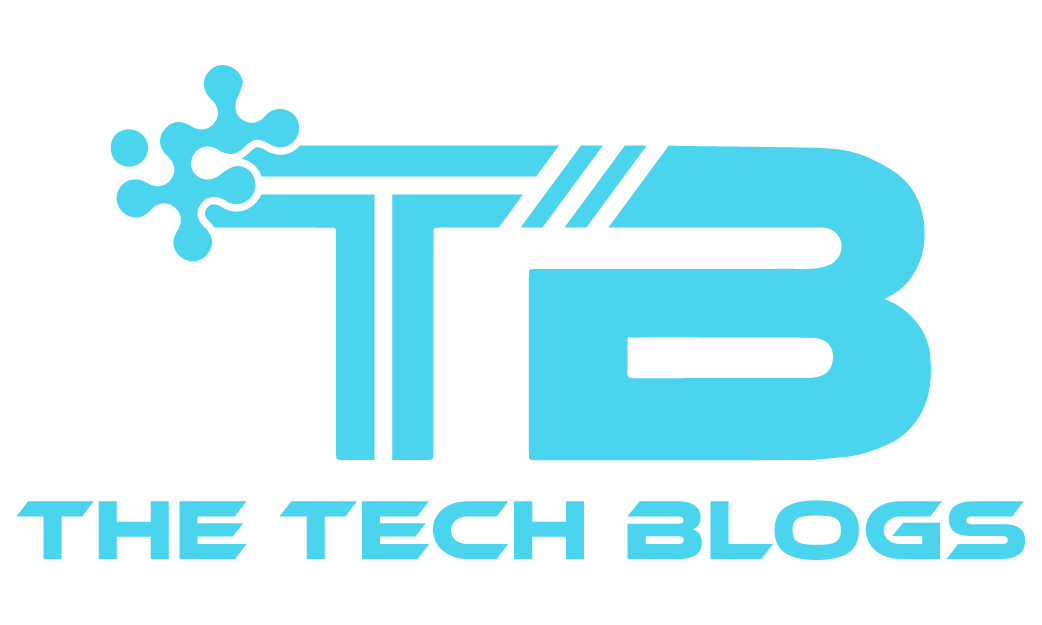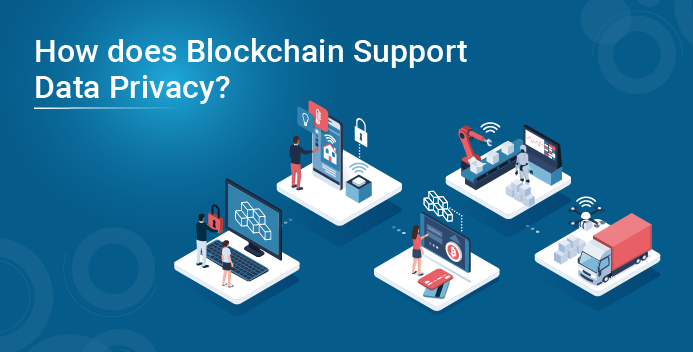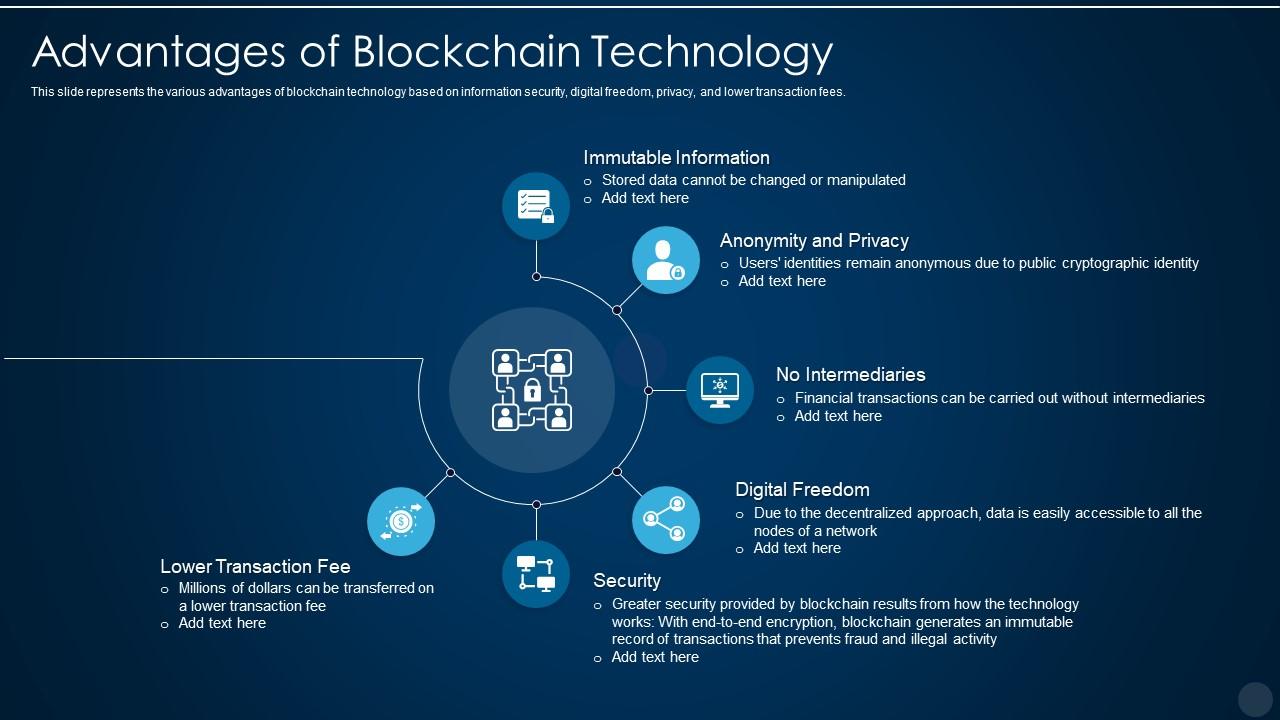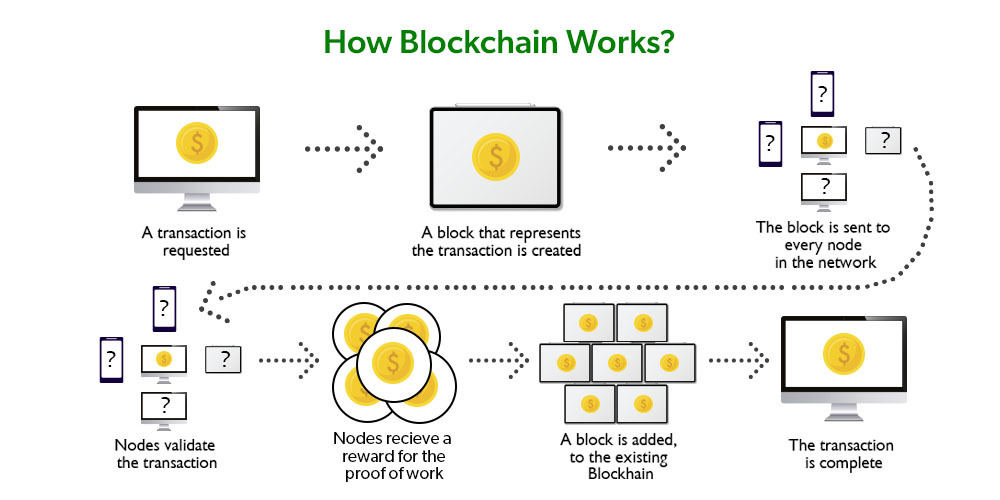Introduction: The Era of Digital Privacy and Blockchain
In a digital world where data breaches are becoming increasingly prevalent, questions regarding data privacy are at the forefront of the collective consciousness. how does blockchain support data privacy, Blockchain promises a new approach to enhancing privacy in an ever-connected world.
The Concept of Data Privacy
Data privacy is not merely a trend; it’s a necessity in today’s data-driven world. Traditional methods of ensuring data privacy are becoming obsolete, falling short of protecting against sophisticated hacks and leaks.
How Traditional Systems Fail to Secure Privacy
Traditional systems rely heavily on centralized control, which creates a single point of failure. In essence, once hackers penetrate the primary system, they gain access to all connected data.
What is Blockchain Technology?
Blockchain is a decentralized digital ledger technology. Instead of relying on a central authority, transactions and data are confirmed by various nodes in the network, significantly improving data integrity and security.
Unveiling the Link: How Blockchain and Data Privacy Connect
Blockchain provides several key features that enhance data privacy, such as immutability and decentralization, which we’ll delve into below.
How Does Blockchain Support Data Privacy
Blockchain supports data privacy through several innovative mechanisms, like immutable ledgers and decentralized control. This groundbreaking approach reduces the risk of data breaches and ensures data integrity.
Immutable Ledger: The Backbone of Data Privacy
The immutable nature of blockchain ensures that once data is stored, it can’t be tampered with, thereby enhancing data security.
Decentralization: A Game-Changer for Data Security
The decentralized architecture eliminates the single point of failure, making it incredibly challenging for unauthorized entities to access or manipulate data.
Transparency With Anonymity: A Perfect Blend
Blockchain allows for data transparency while maintaining anonymity. This ensures accountability without compromising privacy.
Smart Contracts and Data Privacy
Smart contracts automatically execute predefined actions, without requiring third-party intervention, thus reducing the potential for data leaks.
Use Cases of Blockchain in Enhancing Data Privacy
Blockchain technology has a wide array of practical applications for ensuring data privacy.
- Healthcare Data and Blockchain: Secure patient records and transparent transactions.
- Personal Identification: Blockchain can be used for secure IDs.
- Financial Services: Reduced risk of data breaches in banking.
- IoT Devices: Smart homes can be made more secure with blockchain technology.
How Businesses Can Benefit from Blockchain-Enabled Privacy
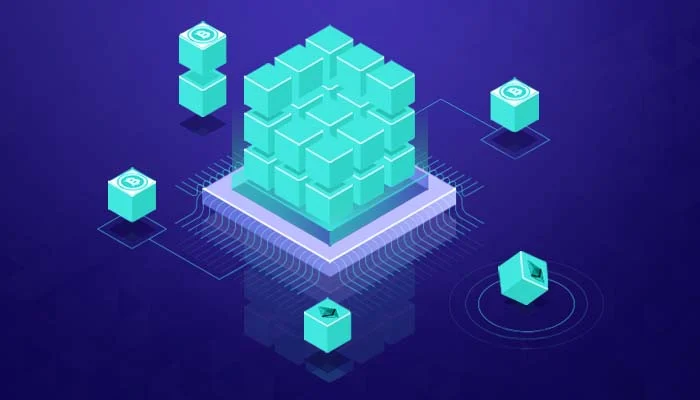
By integrating blockchain, companies can ensure robust data security, potentially saving millions that would otherwise be lost to data breaches.
Legal Regulations on Blockchain and Data Privacy
With the rise in blockchain adoption, governments are stepping up regulations to ensure that the technology is compliant with existing data privacy laws.
GDPR and Blockchain
The General Data Protection Regulation (GDPR) poses specific challenges and opportunities for blockchain in data privacy.
California Consumer Privacy Act and Blockchain
This regulation is another example of how legal systems are adapting to blockchain technology.
The Future of Blockchain and Data Privacy
Blockchain technology is evolving rapidly, and its role in data privacy is likely to become even more significant in the near future.
What Critics Say: The Downside of Blockchain for Data Privacy
Some critics argue that the energy-intensive nature of blockchain could outweigh its benefits in terms of data privacy.
Overcoming Criticisms: Ongoing Research and Innovations
Several advancements are in the works to make blockchain more efficient and environmentally friendly, without compromising on data security.
Frequently Asked Questions
- How secure is a blockchain-based system for data privacy?
- Blockchain’s decentralized architecture and immutable ledger make it exceptionally secure for data privacy.
- What are the costs involved in integrating blockchain for data privacy?
- Costs vary, but the long-term benefits such as reduced risk of data breaches can outweigh the initial investment.
- Can blockchain comply with existing data privacy laws?
- Yes, blockchain can be designed to comply with regulations like GDPR and the California Consumer Privacy Act.
- What are the limitations of using blockchain for data privacy?
- While secure, blockchain technology can be energy-intensive and may not be suitable for all data storage needs.
- Is blockchain suitable for all kinds of businesses?
- Blockchain is highly adaptable but is most effective in industries where data integrity and security are paramount.
- What is the future of blockchain in data privacy?
- With continuous innovations, blockchain is poised to play a significant role in the future of data privacy and security.
Conclusion: The Road Ahead for Blockchain and Data Privacy
Blockchain technology holds the key to a future where data privacy is not just an aspiration but a reality. As technology continues to evolve, it’s crucial to stay informed and proactive in implementing strategies that can protect our digital world.
